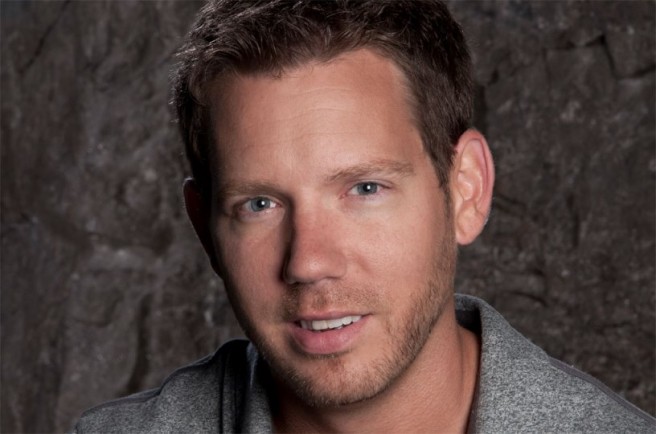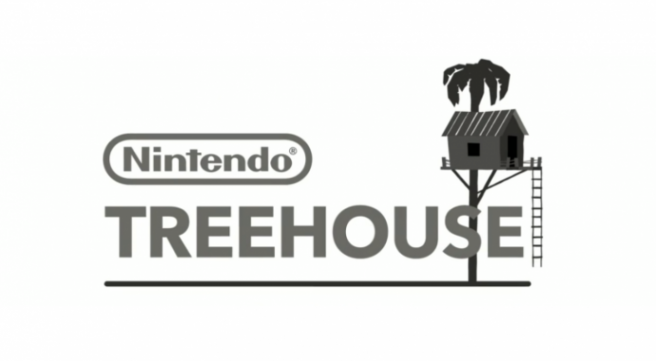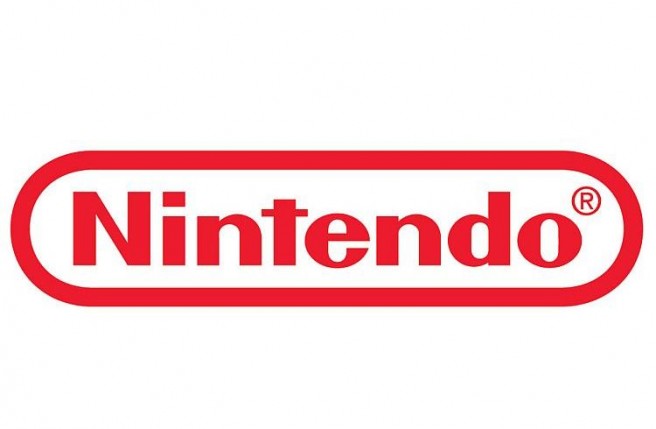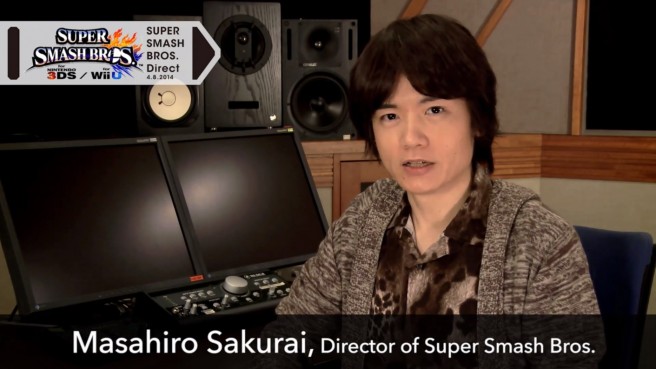Cliff Bleszinski speaks out against Nintendo for firing of Chris Pranger
Posted on 9 years ago by Brian(@NE_Brian) in General Nintendo, News | 174 Comments
Cliff Bleszinski, known for his work on the Gears of War franchise, has commented on the situation surrounding Chris Pranger via Twitter. Pranger was fired from the company earlier this week following his appearance on a podcast.
Needless to say, Bleszinski isn’t happy with Nintendo’s handling of the situation. Here are his comments in full:
Nintendo fires employee that goes on a podcast. Next up they can folks that post youtube videos and do Twitch streams and Twitter?!
— Cliff Bleszinski (@therealcliffyb) August 14, 2015
Way to allow for some transparency, Big N. 🙁
— Cliff Bleszinski (@therealcliffyb) August 14, 2015
Kinda sad to know the company you grew up with and worshipped and still adore you'd never want to work for, ever.
— Cliff Bleszinski (@therealcliffyb) August 14, 2015
We probably won’t ever know about the specifics surrounding Nintendo’s decision to let Pranger go. But if he broke an NDA (which is what many assume at this point), there’s unfortunately no getting around that.
More: Chris Pranger, Cliff Bleszinski
Chris Pranger let go from Nintendo (Treehouse)
Posted on 9 years ago by Brian(@NE_Brian) in General Nintendo, News | 140 Comments
The name Chris Pranger should ring a bell if you’ve kept an eye on the site over the past few weeks. Pranger recently appeared on a Part-Time Gamer podcast to talk about working at Nintendo Treehouse and a number of other topics.
Unfortunately, Pranger has stated on his Twitter account that he was fired from Nintendo. We don’t know about the specifics, but he likely said something he wasn’t supposed to during the podcast – perhaps a broken NDA.
As some of you may have heard, yes, I was fired yesterday. Yes, it was ultimately my own fault. No, I did not see this coming.
— Chris Pranger (@TheChrisPranger) August 13, 2015
You never like to hear about someone losing their job. I wish Pranger the best of luck in the future, and hopefully he’ll land somewhere new soon!
More: Chris Pranger
Chris Pranger of Nintendo Treehouse elaborates more on localization woes
Posted on 9 years ago by Dennis Gagliardotto(@LyonHart_) in General Nintendo, News | 97 Comments
A few days ago Nintendo Treehouse’s Chris Pranger appeared on the Part Time Gamers Podcast to discuss what it’s really like in the process of localizing, touching on costs, to labor, to decision-making from how the market in a particular region looks. Obviously, localizing games from Japan to America is a lot of work. Tons of translations have to go into it as well as heavy consideration into how lucrative a product can be for a particular market and if it’s worth it. Chris Pranger touched on why attempting to localizing the more obscure titles is always a tough sell, and the laborious and arduous nature of it all:
The hardest thing for everyone to understand and to accept — and I’ve seen this first hand in the company, that this is typified — people think that obviously they’re right, and what they like or dislike has to be the norm. Why would it be otherwise? And they just say the classic “Why do you hate money? Why do you hate money, Nintendo?”
And it’s like “What are you talking about? We’re trying to make…obviously it has to make calculated risks, but at the same time, one of those risks…and I mean they’ll bring up games that are very Japanese games, like Captain Rainbow for instance. They’ll bring that up like “Look how many people want this. Don’t you want money?” And we’ll be like “Yeah, we do want money, which is why we know it’s a colossal waste if we ever try to localize that in this current market, because look at you people. You don’t make up a big enough group.
The hardest part for people to realize is how much money it takes sometimes to make a game like…if it’s a Japense game, to bring it over the States. Not just translating and then localizing and marketing, but if it’s a game that has substantial voice text, oh my goodness! That is a collosal cost to bring that over. And some games you look at and you’re like “Well how are they going to bring that over?” and it’s like “Well, they can’t.”
You look at something like even Xenoblade Chronicles. People love that game, you know, within a certain group. That game is not the type of game that just pulls in enough to justify the costs on that. So that’s like, we got it in the States by luck, that NoE decided “Oh, we’ll take the fall. We’ll localize that.” Okay, cause someone is going to have to eat the costs somewhere, because that game is guaranteed to not sell enough to justify how big that game is. You know, hundreds of hours, all voiced. That’s a lot of money that goes into that.
And people are like “Why do you guys hate money?” We don’t. That’s why you literally can’t make everything. And people don’t like finding out that their fanbase is actually too small to justify the costs of the thing they want.
It’s unfortunate that a lot of games we’d like to see localized don’t see the light of day due to market appeal in a region, but at the end of the day – as much as it’s great to appease the fans – business comes first. If it makes sense, and it can be profitable, it’ll be done. If not, tough luck.
More: Chris Pranger, Nintendo Treehouse
Why Nintendo uses the word “new” in game titles often
Posted on 9 years ago by Brian(@NE_Brian) in General Nintendo, News | 27 Comments
“New” is often a word that Nintendo uses in game titles. Have you ever wondered by this is so? During the latest Part-Time Gamers podcast, Chris Pranger from Nintendo Treehouse explained its heavy usage.
“In Japanese, ‘new’ is exotic and sounds cool,” he said. “That is the exact reason why ‘new’ is on so many titles.”
Pranger went on to say that, on numerous occasions, they’ve told the developers that “new” doesn’t bring about the same sense excitement as it does in Japan. But these game creators feel that it isn’t an issue so long as the the word isn’t offensive or confusing.
More: Chris Pranger, interview
Nintendo Treehouse staffer talks about Sakurai’s commitment to making Smash Bros.
Posted on 9 years ago by Brian(@NE_Brian) in General Nintendo, News | 18 Comments
Yesterday, we posted a number of tidbits coming from a Part Time Gamer interview with Nintendo Treehouse localization writer/editor Chris Pranger. If you missed that, you can read it right here.
Gamnesia has since transcribed Pranger’s comments about Super Smash Bros. director Masahiro Sakurai. Here’s what we said about the developer:
“Sakurai’s outlook on the games is very dire. He gets really sad when he finds out how people are reacting and he gets sad whenever there’s a leak, because he really wants to create. And he’s an auteur in the most crazy sense. He’s basically Vincent Van Gogh cutting off his own ear and we’re sitting there going ‘Frick! Stop doing that!’ And he’s like ‘You don’t get it, guys, my vision!'”
Chris Pranger shares tidbits about working for Nintendo Treehouse
Posted on 9 years ago by Brian(@NE_Brian) in General Nintendo, News, Wii | 13 Comments
Chris Pranger, who works at Nintendo Treehouse, appeared on the latest episode of the Part-Time Gamer podcast. Pranger shared a few interesting details about his position his position as well as working at the company as a whole.
You’ll find a summary of information from the podcast below. For the full discussion, visit this link.
– Nintendo’s media policy has recently changed regarding employees being more open about talking about their work but not spoilers or anything
– He is the voice of the first level boss in Star Fox Zero; also working on the game
– Talks about NOA using employees as voiceovers for fun and cheap work
– Nintendo has a game library where employees can check out games for all systems in order to be well-versed in gaming; this is how he played Bioshock Infinite
– Sakurai kills himself for his games; he is very sensitive to fan feedback
– Localization costs a ton of money and often the vocal minority of fans who want a game localized isn’t a large enough consumer base to justify the localization costs
– The original Xenoblade is an example he gives of this
– Nintendo of Europe ate the cost on that project



